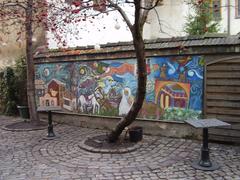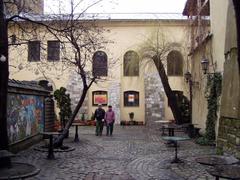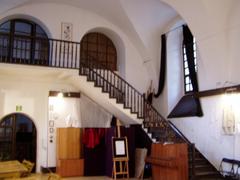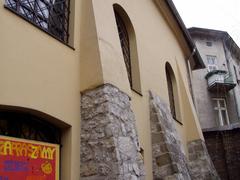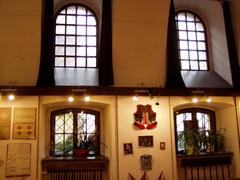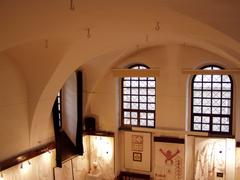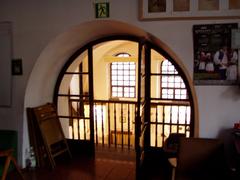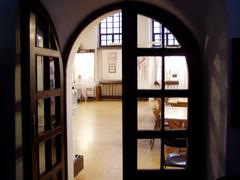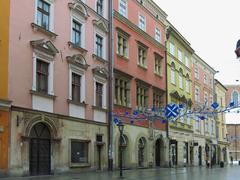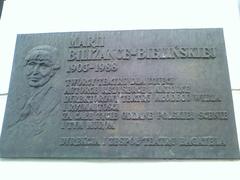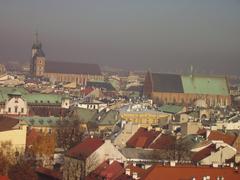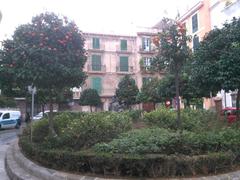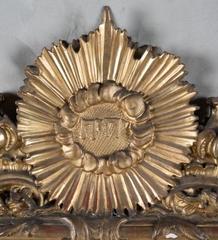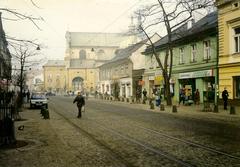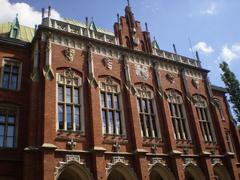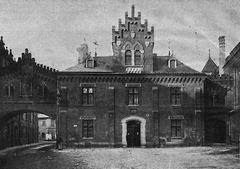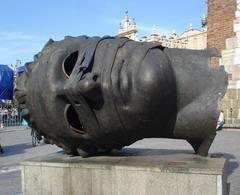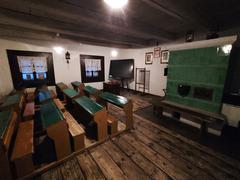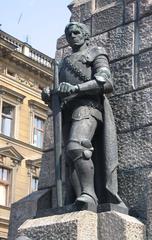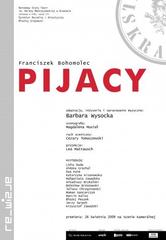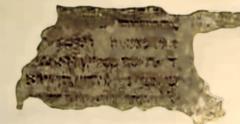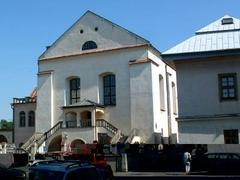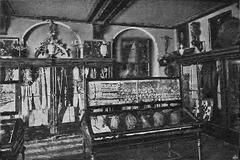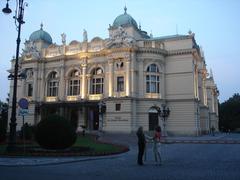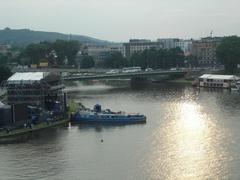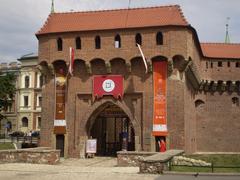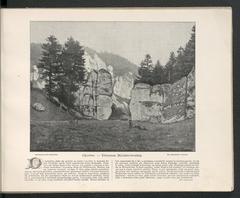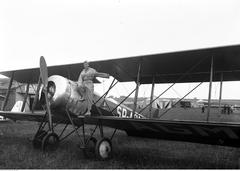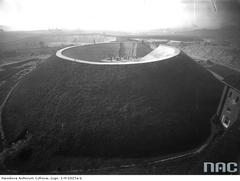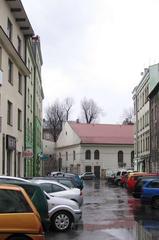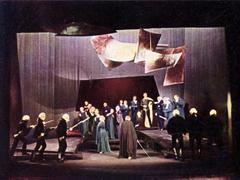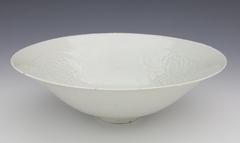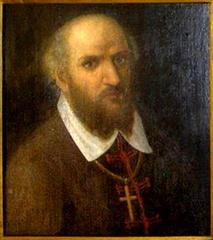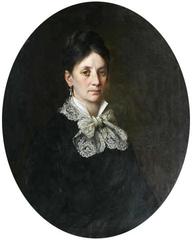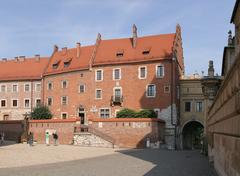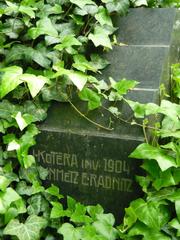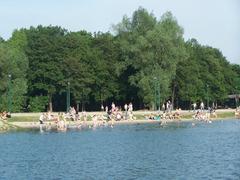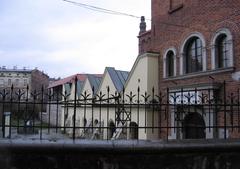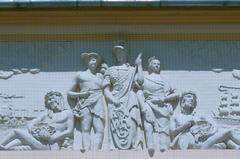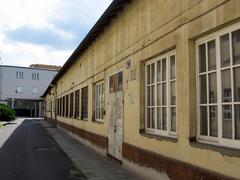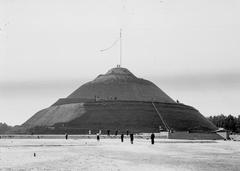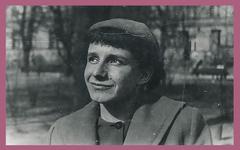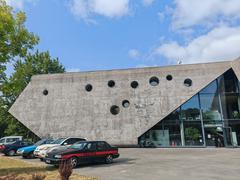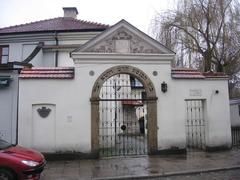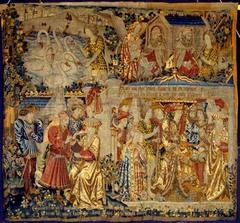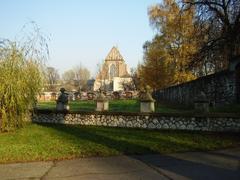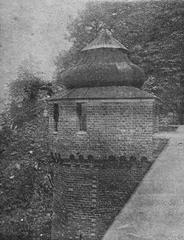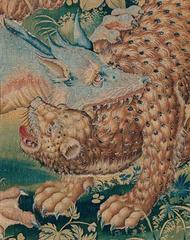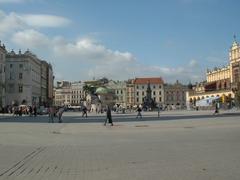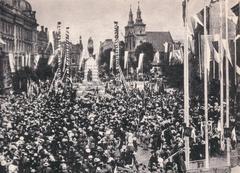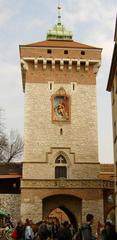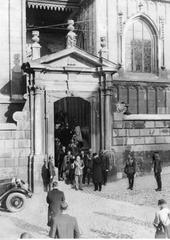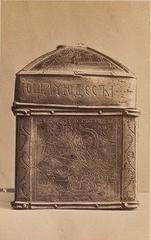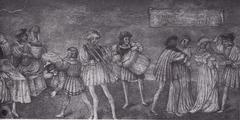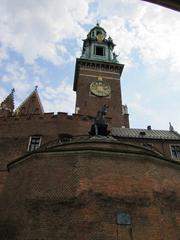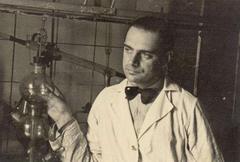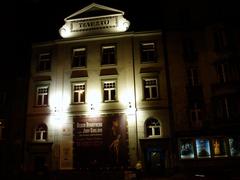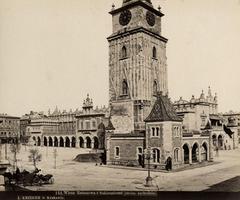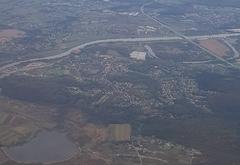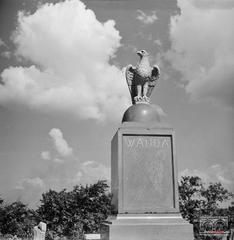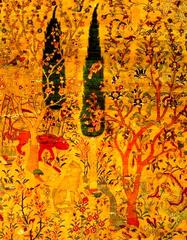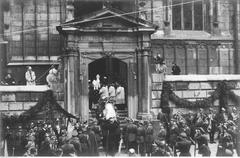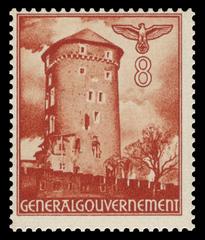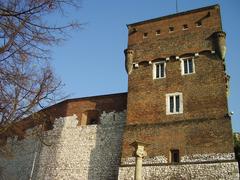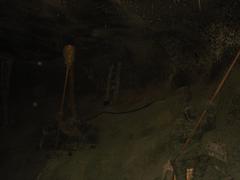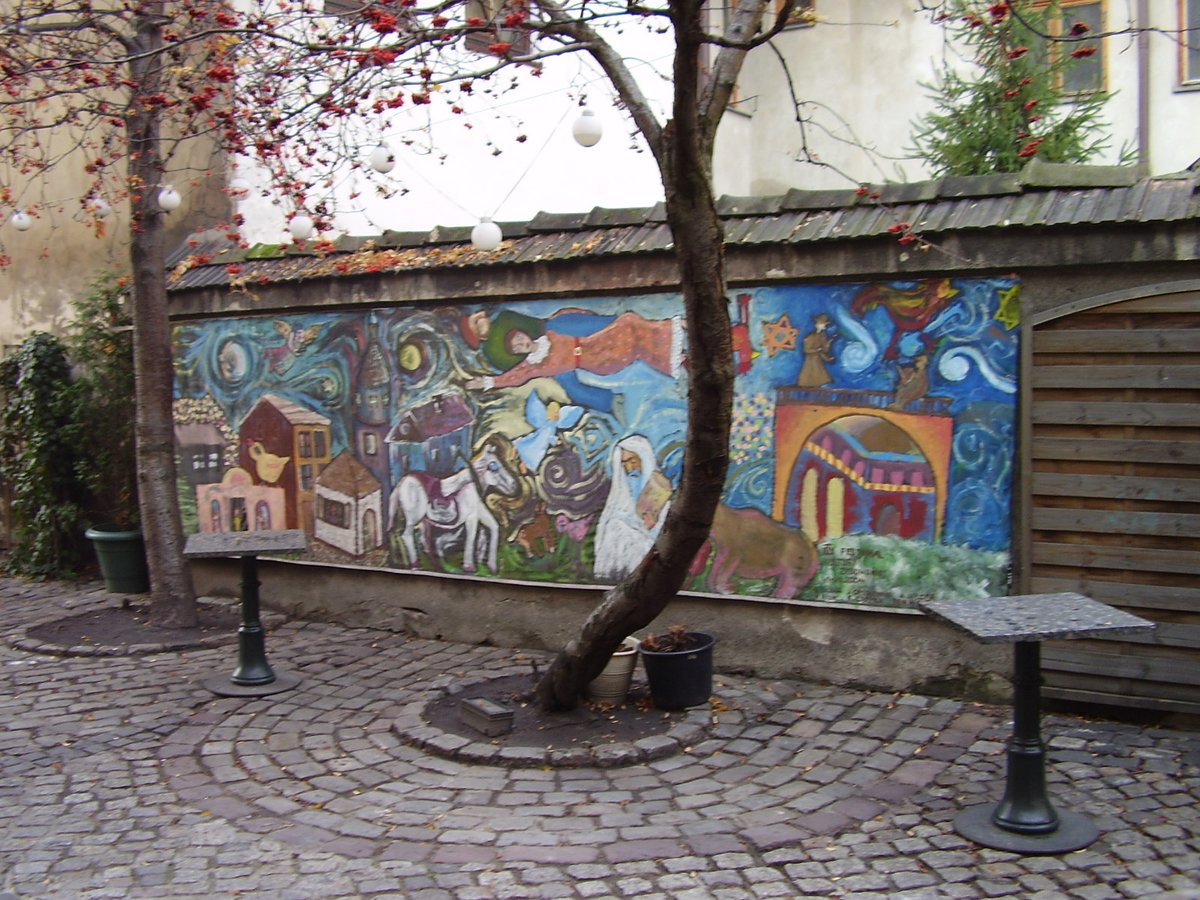
Wolf Popper Synagogue: Visiting Hours, Tickets & Kraków Jewish Heritage Guide
Date: 15/06/2025
Introduction
Located in Kraków’s historic Kazimierz district, the Wolf Popper Synagogue is a remarkable testament to the city’s Jewish heritage, resilience, and cultural richness. Established in 1620 by Wolf Popper, one of the most influential Jewish merchants of his era, the synagogue stands as a lasting symbol of the once-thriving Jewish community in Kraków. Today, it serves both as a preserved architectural gem and a vibrant cultural center, inviting visitors to explore Jewish religious traditions, art, and communal life. This guide provides essential information for visiting, including opening hours, tickets, accessibility, historical context, and top travel tips for exploring Kraków’s Jewish heritage sites.
For the latest updates and detailed information, visitors are encouraged to check official resources and cultural organizations dedicated to preserving this monument (Jewish Virtual Library, Culture.pl, Krakow.pl).
Historical Background
Origins and Foundation
The Wolf Popper Synagogue, also known in Polish as Synagoga Poppera, was commissioned by the affluent Jewish merchant and banker Wolf Popper in 1620. Popper’s business acumen and philanthropy made him a leading figure in Kraków’s Jewish community, and his wealth funded the creation of a synagogue that reflected both religious devotion and communal pride (Jewish Virtual Library). At the time, Kazimierz was a bustling Jewish quarter, further enriched by the arrival of Jews expelled from Kraków proper in 1495.
Architectural Features and Artistry
Originally designed in the late Renaissance style and later adapted with Baroque influences, the synagogue featured a single-nave prayer hall, a women’s gallery, and elaborate interior ornamentation. The modest brick and stone exterior contrasted with its once-lavish interior—elaborate stucco, gilded Torah ark, ornate ironwork, and vibrant biblical motifs painted on the ceiling. The entrance doors and Torah ark, adorned with symbolic animals and intricate woodwork, were among its most celebrated features. The only surviving original wooden element—the Torah ark doors—is now preserved at the Wolfson Museum in Jerusalem (Culture.pl).
Communal Role and Cultural Significance
Throughout the 17th and 18th centuries, the Wolf Popper Synagogue was a center for prayer, study, and community life. It was closely associated with a beit midrash (house of study) and played a significant role in education, charity, and local governance. The Popper family remained active supporters of the synagogue, while the space itself became a focal point of Jewish intellectual and cultural activity (Jewish Heritage Europe).
Decline, Destruction, and Preservation
By the 19th century, assimilation, emigration, and economic hardship led to a gradual decline in the synagogue’s congregation and upkeep (Virtual Shtetl). The Nazi occupation during World War II brought devastation—desecration, looting, and the destruction of much of the interior. Postwar, the diminished Jewish community could not support restoration, and the building was repurposed for secular uses, including as a warehouse and later a bookshop. However, late 20th-century efforts have stabilized and partially restored the structure, and it is now home to the “Open Kazimierz” cultural center (Culture.pl).
Legacy and Recognition
The Wolf Popper Synagogue is listed among Kraków’s historic monuments and is a key stop on the Jewish Heritage Trail. It draws thousands of visitors each year, who come to honor the memory of Kraków’s Jewish community, learn about its history, and participate in cultural activities (Krakow.pl).
Architectural and Artistic Details
- Exterior: Located at 16 Szeroka Street, the synagogue is discreetly set among townhouses. Its robust buttresses and Baroque style are hallmarks of its architectural period.
- Entrance and Courtyard: The enclosed courtyard, added in 1827, creates a tranquil transition from the street. The entrance is marked by a Hebrew-inscribed plaque commemorating Wolf Popper.
- Prayer Hall: The heart of the building is the barrel-vaulted prayer hall. While original paintings are gone, the whitewashed vault preserves the sense of sacred space.
- Women’s Gallery: A 19th-century two-storey extension, now an art gallery, originally served as the women’s section.
- Decorative Elements: The synagogue’s original doors featured symbolic animals; only the Torah ark doors survive today, now in Jerusalem.
- Renovations: Major restoration campaigns occurred in 1813, after WWII, and in 2005, with adaptive reuse ensuring the building’s ongoing cultural relevance.
Visiting the Wolf Popper Synagogue
Opening Hours
- Tuesday to Sunday: 10:00 AM – 6:00 PM
- Closed: Mondays and major Jewish holidays
Note: Hours may vary for special events or holidays. Always verify with official sources before visiting.
Tickets and Admission
- General Admission: Free (donations encouraged for preservation and cultural programming)
- Special Events/Guided Tours: May require tickets, available online or onsite
Accessibility
- Wheelchair Access: Ramps at entrance; restrooms adapted for accessibility
- Assistance: Staff available upon request
Guided Tours and Cultural Programs
- Tours: Available in English, Polish, and Hebrew by advance booking or during peak visitor seasons
- Cultural Events: Regular art exhibitions, workshops, and lectures on Jewish heritage and art; check the event calendar online
Visitor Experience & Facilities
- Shop: The synagogue houses a unique book and souvenir shop specializing in Jewish culture and crafts
- Facilities: No restrooms onsite, but nearby cafes provide access
- Photography: Permitted without flash; tripods require permission
- Nearby Attractions: Remuh Synagogue and Cemetery, Old Synagogue, Galicia Jewish Museum, and Kazimierz’s vibrant cafes and galleries
Travel Tips
- Best visited on weekday mornings for a quieter experience
- Modest dress and respectful behavior are encouraged
- For a deeper understanding, join a guided Jewish heritage walking tour of Kazimierz
Frequently Asked Questions (FAQ)
Q: What are the opening hours?
A: Tuesday to Sunday, 10:00 AM – 6:00 PM. Closed Mondays and Jewish holidays.
Q: Is there an admission fee?
A: General admission is free; tickets may be required for special events.
Q: Are guided tours available?
A: Yes, in multiple languages; booking recommended.
Q: Is the synagogue accessible for people with disabilities?
A: Yes, with ramps and accessible facilities.
Q: Can I take photographs?
A: Photography is allowed (no flash); ask for permission for professional equipment.
Q: How do I get there?
A: The synagogue is at 16 Szeroka Street, easily reached by foot, tram, or taxi from central Kraków.
Visuals and Virtual Experience
- Images: High-quality photos of interior/exterior available on official tourism sites
- Virtual Tours: Occasionally offered online; check the “Open Kazimierz” center’s website
- Maps: Interactive maps highlighting nearby Jewish heritage sites enhance planning
Alt text suggestions:
- “Exterior view of Wolf Popper Synagogue showing Baroque buttresses and entrance”
- “Interior of prayer hall with barrel-vaulted ceiling”
- “Decorative Torah ark doors, now preserved in Jerusalem”
- “Courtyard and entrance gates with Hebrew inscription”
Timeline of Key Historical Milestones
- 1620: Synagogue established by Wolf Popper
- 17th–18th centuries: Center for worship and learning
- 19th century: Decline in congregation
- 1939–1945: Nazi occupation, desecration, and repurposing
- Post-1945: Used as warehouse, then bookshop
- Late 20th century: Preservation and adaptive reuse
- Present: Cultural center and key heritage site (Virtual Shtetl)
Context Within Kraków’s Jewish Heritage
The Wolf Popper Synagogue is one of seven historic synagogues in Kazimierz, forming part of Kraków’s Jewish Heritage Trail and the UNESCO-listed Historic Centre of Kraków (UNESCO). Together, these sites reflect centuries of religious, artistic, and communal life, as well as the resilience and revival of Jewish culture after the tragedies of the 20th century.
Practical Summary
The Wolf Popper Synagogue offers a powerful journey through Kraków’s Jewish history, from its 17th-century foundation through periods of hardship and renewal. Visitors can admire its Baroque architecture, learn about its historical significance, and participate in contemporary cultural activities. The synagogue’s adaptive reuse as a cultural and educational space ensures its legacy endures for future generations.
For a rewarding visit:
- Check opening hours before arrival
- Consider joining a guided tour for deeper insight
- Explore nearby Kazimierz attractions to enrich your understanding of Jewish Kraków
Sources
- Jewish Virtual Library: Wolf Popper Synagogue Kraków
- Culture.pl: Wolf Popper Synagogue in Kraków
- Krakow.pl: Wolf Popper Synagogue
- Jewish Heritage Europe: Wolf Popper Synagogue
- Virtual Shtetl: Wolf Popper Synagogue
- Holocaust Encyclopedia: Kraków
- UNESCO: Historic Centre of Kraków
